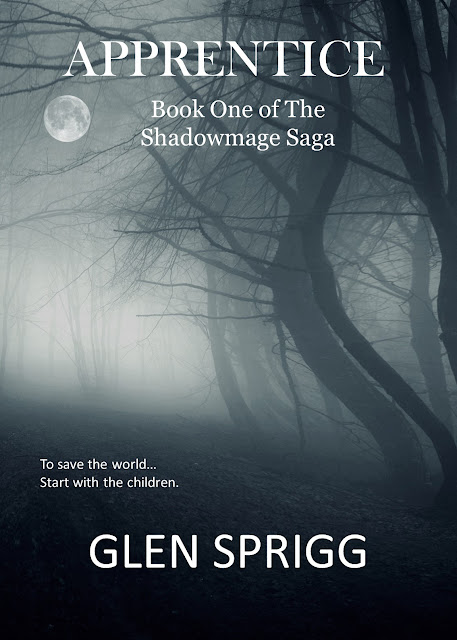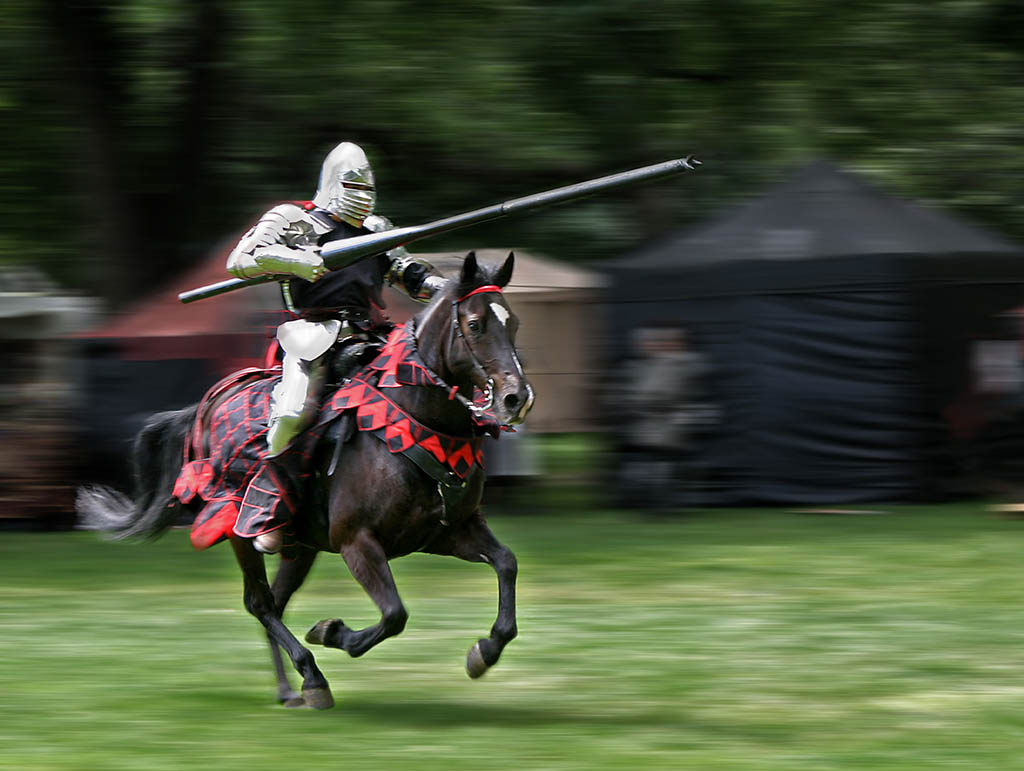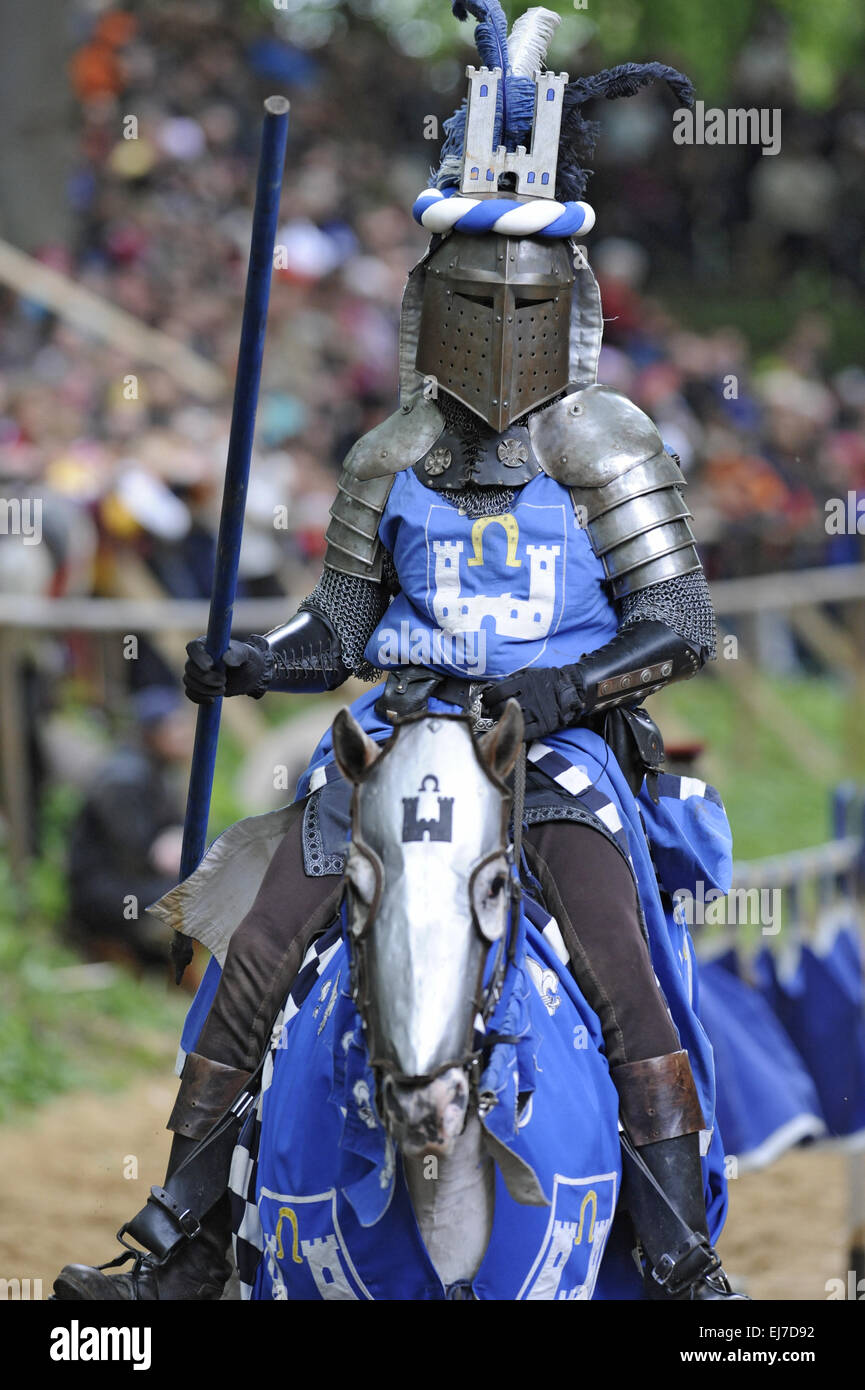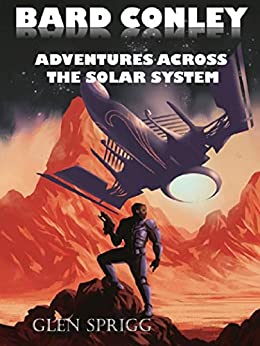I've been thinking about my library lately. I like it, of course; I've got some fantastic reading material. But, like every other bibliophile out there, I always want more. And I've been thinking about what my dream library would include, if I had unlimited budget and all the time in the world to read it. Not to mention, space to actually put it in.
So, here's a list that I've come up with, some of which I already have, some of which I will probably never have. And while this might not be a complete list, it's certainly enough to make dreams come true. The first part of this list will be stuff that I have, either complete or in part.
We start, of course, with the Bible. I've got several of those, including the complete Navarre Bible set with commentary, as well as the Ignatius New Testament (also with commentary) and a family copy of the New American Bible. That's a full shelf right there.
Next, the Early Church Fathers, the complete 34-volume set edited by Peter Schaff way back in the 19th century. I've got the first five volumes so far. The set covers pretty much everything that was known to have been written in the first eight or so centuries of Church writings. There's actually more than even that set contains, but it's a pretty comprehensive set.
The Great Books of the Western World, complete 1952 edition. I lost about half of my set in the flood back in Wallaceburg, unfortunately. I'm looking for replacements, and there are some reasonably priced ones on eBay, so I'll have to get those at some point. There is a 1990 60-volume set, but I'm fond of the set I have. Besides, I'll get most of the additions from that set in the Great Ideas Today series.
The Gateway to the Great Books, the 'beginners version' of the Great Books set. It's a 10-volume set, which I have.
The Great Ideas Today, the annual yearbook published by the Great Books people. This series ran from 1961 to 1998; I've got quite a few of those already. I'm missing 1962, 1965, 1966, 1976, 1979, and 1988-1998. These are available through various online stores, so I'm confident I can complete this set.
The Junior Classics, ten-volume set, published by Castalia House. I've got the first three of these in hardback, but I want the whole set. Even if my kids aren't going to read them, my grandkids hopefully will. This set is a reprint of the 1918 set with a few changes to include some newer writings. The first three volumes are great; I can't wait to get the rest of them.
The Thousand and One Nights by Sir Richard Burton. I've mentioned this one before; I have a gorgeous, original set of these sitting on my shelf. Fascinating stuff.
The Funk & Wagnalls New Encyclopedia, 1979 edition. We got this for free a few months ago from a family here on the Island. Sure, the internet has a lot more information, but I believe in being prepared. Besides, physical copies are better. The set also came with a two-volume dictionary, as well as four Science Yearbooks from 1980-1983. There's also a four-volume Medical & Health set that came with it, also free.
Woman's Day Encyclopedia of Cooking. Don't laugh. It was a gift from my mother. It's a twelve-volume set from 1966, and there's a lot of information in there. My best friend, a trained chef, said it's an excellent resource for anyone training to be a chef (like Tanner). Besides, I've got a bunch of recipes from that set that are fantastic.
Complete or essential works of various authors, including H.P. Lovecraft, Edgar Rice Burroughs, Jules Verne, H.G. Wells, Lord Dunsany, Edgar Allan Poe, Clark Ashton Smith, J.R.R. Tolkien, and C.S. Lewis. The latter is one I only have a few books for; I've got the Narnia series, as well as the Screwtape Letters, but that's about it. There's more of him that I would want. There are a lot of other sci-fi and fantasy authors as well that I have gathered, but the above listed are the big ones.
Dictionary; I've got three so far, all excellent and big.
A World Atlas. I've got one of those, but it's from the 1960s, so it's a wee bit out of date. Still, the maps are gorgeous, and it's historical, which I like even more.
Latin and Greek learning materials. Again, even if it's not for my kids, my grandkids will hopefully learn these languages. And I've got just about everything for Wheelock's Latin, as well as the Reading Course in Homeric Greek and a printed New Testament Greek textbook.
So, what do I want to add to this magnificent pile? Not too much more, to be honest; the biggest addition would definitely be the complete Loeb's Classical Library, the little hardcovers that include the Latin (red) or Greek (green) text on one page, and the English translation on the opposite. There are over five hundred of those, so I'm not expecting to complete that set. But man, it would be a hell of a thing to have on the library shelves, wouldn't it?
A Gardening Encyclopedia. We learn by doing, but we also learn by reading. And I've got a lot to learn about gardening and small hobby farming. So, that would be a great resource to have, even if it was mostly general information.
The Catholic Encyclopedia, preferably an older version. What can I say? I love encyclopedias and have since I was a kid, and I love being Catholic and learning more about it. Obviously, it's not a book to read cover-to-cover. But it would definitely be a great resource to have around.
Authors that I would like to have either complete or essential collections: Sir A.C. Doyle, G.A. Henty, H.R. Haggard, Abraham Merritt, Leigh Brackett, L. Frank Baum, Poul Anderson, and Jack Vance. Maybe some more of Tolkien's stuff; I have his 'Big Five', but nothing else.
I think that's pretty thorough. If nothing else, it would be a great storehouse of knowledge of Western Civilization for future generations. I may never get all of it, but that won't stop me from trying.
Oh, I'll also have copies of my own books as well, because while they might not be on the level of the books I've listed above, I'm still quite proud of them. Here's the latest one, Crystal Lilac, available now in paperback and e-book formats at an Amazon website near you.



















